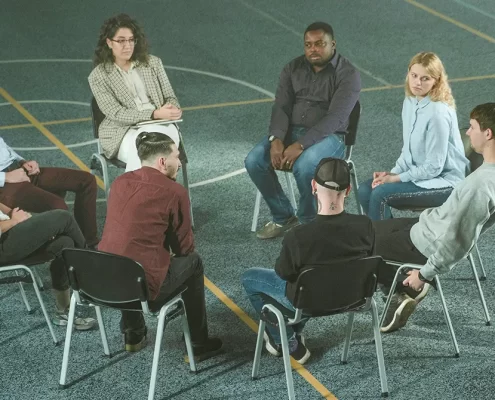
Treatment Court for Drug and Alcohol Charges
Criminal LawWhen you’re charged with an alcohol or drug related crime, one option you may want to consider is treatment court. Treatment court is a special program that allows defendants to obtain credit and modified sentences if they engage in good faith…
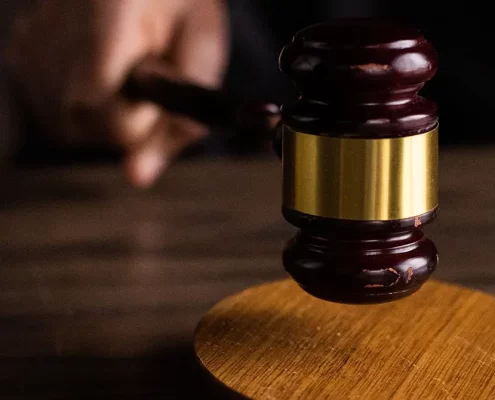
Pardon Me, But That Never Happened
Criminal LawEvery year, the Governor of Pennsylvania receives hundreds of pardon recommendations from his pardon board. Dating back more than two centuries in our Commonwealth, a pardon is the mechanism by which an offender is freed from the burdens of…

Eric Winter joins Cornerstone Law Firm
Civil Law, Criminal Law, Updates
Cornerstone Law Firm is pleased to announce the addition to our team of Eric Winter. Attorney Winter is highly regarded in the legal community and has several decades of experience handling a broad range of administrative law, criminal cases,…
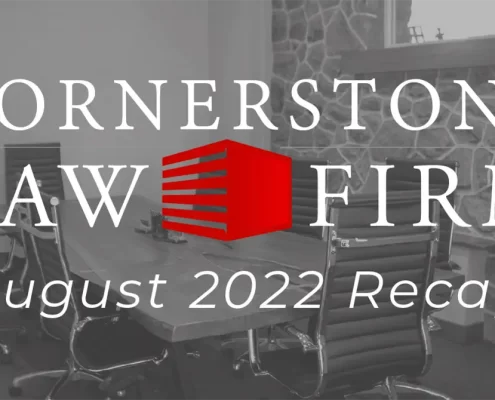
August 2022 Review
Berks County, Business Law, Criminal Law, Divorce, Family Law, Landlord/Tenant, Personal Injury, UpdatesThis month the attorneys at Cornerstone Law Firm have been busy with:
landlord/tenant actions all over the state
personal injury cases that are settling and going to court
insurance disputes
contractor fights
a trade secrets…
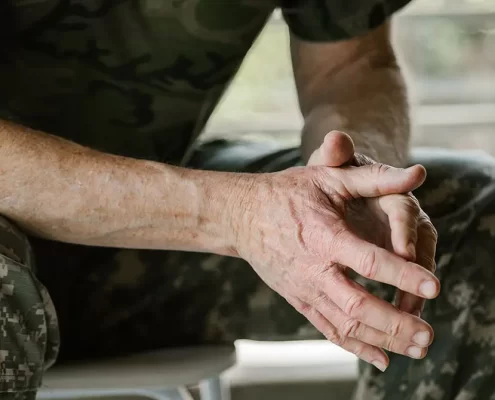
Veterans’ Court
Criminal LawIf you’re facing criminal charges and you are an honorably discharged veteran from any branch of the military, you may be eligible for Veterans’ Court. You may get a reduced sentence, favorable house arrest terms, and government-funded alternative…
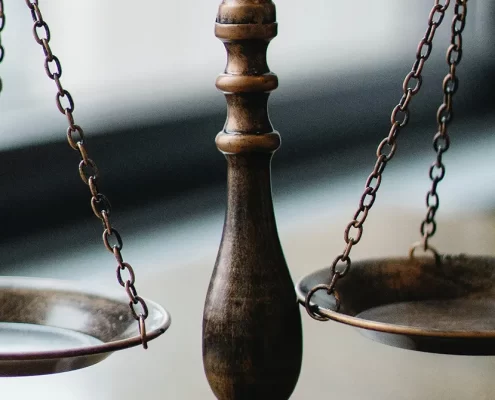
Three Reasons Why You Shouldn’t Try to Handle Your Criminal Charges on Your Own
Criminal LawWhen you’re facing a misdemeanor or felony charge, it’s extremely important for you to have a criminal defense attorney to handle your charges and lead you through the process. This is true whether you’re innocent or guilty. In this article,…

Is a cop's word enough to convict me?
Criminal LawA common question posed to our Criminal Defense attorneys is whether the police need physical evidence, including fingerprints, DNA or videos, to convict a defendant for a crime. The short answer is no, the police can convict you with nothing…

Are There Any Consequences to ARD?
Criminal LawThe Accelerated Rehabilitative Disposition Program, commonly known as ARD, is frequently brought up as a potential resolution to charges, especially when the charges are first-time offenses. Technically a first-time offenders program, ARD is…

Armando Ortega Not Guilty on Homicide Charges
Criminal LawAfter a week-long trial in the Berks County Court of Common Pleas, Defendant, Armando Ortega, was found not guilty on all homicide and assault charges after a jury concluded that he was not present at the scene of a murder that happened in 2014.…

Does a Treatment Plan Effect my Drug or Alcohol Charges?
Criminal LawWhen you’re facing drug or alcohol charges, getting treatment is important not just for personal and health reasons, but also as a piece of an appropriate defense. Charges involving addiction include possession of marijuana or methamphetamines,…
